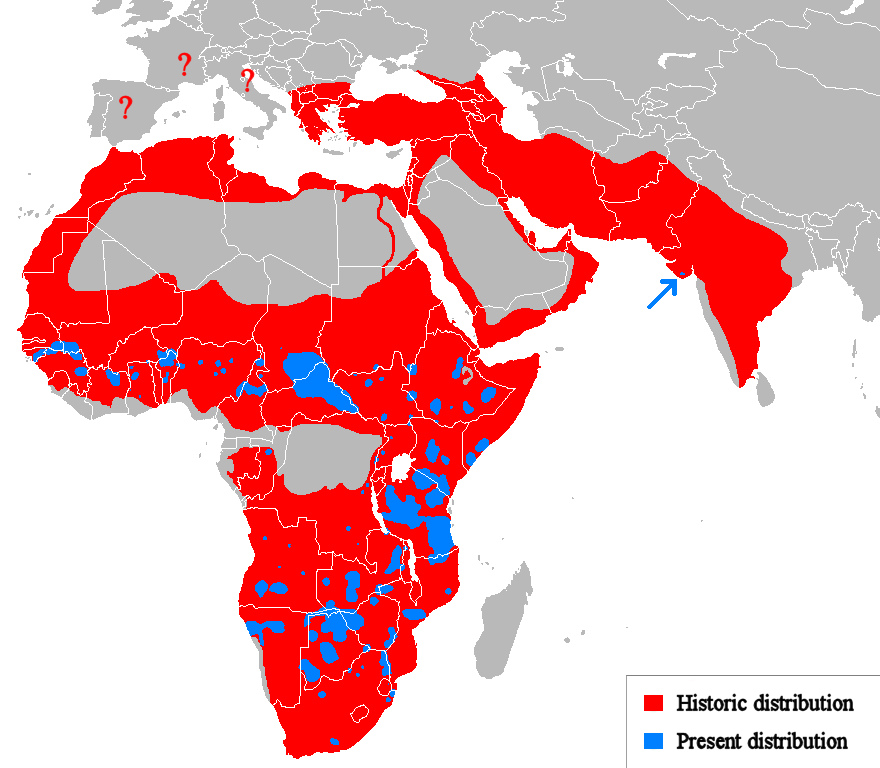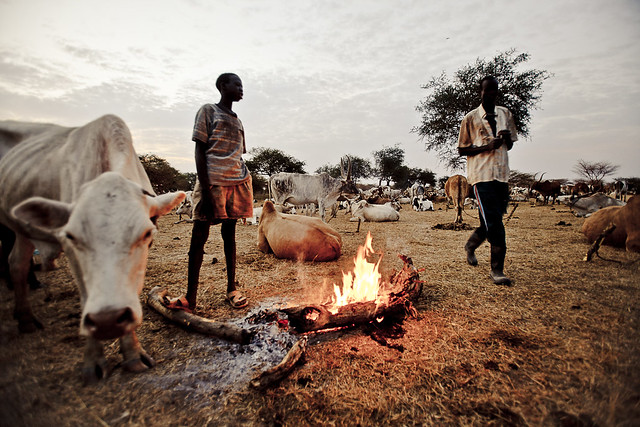The Vanishing Pride: Lions and African Men Losing the Same Battle
When Lions Lose Their Land — And So Do Africa’s Sons
Africa’s lions have vanished from nine out of ten acres they once roamed. But their story isn’t only about wildlife — it reflects the fate of many African men. As land once passed from father to son is fenced, sold, or lost to powerful industries, human pride erodes alongside the lion’s range. This is a story about more than conservation; it is about identity, survival, and the quiet emptying of Africa’s heart.
For a broader look at masculinity and identity, explore African Men: Identity, History & Culture.
Canned Lion Hunting: From King to Commodity
South Africa now holds an estimated 8,000 captive lions — far more than its wild population. Many are bred specifically for canned hunts: lions raised in cages are released into fenced areas where trophy hunters pay up to $50,000 for a guaranteed kill. While marketed as “sustainable,” this practice does not protect truly wild lions, whose populations have declined by 80% in 20 years.
Why You Should Care
Lions symbolize courage and kingship across Africa and global culture — from royal emblems to Disney’s The Lion King. We revere Simba’s story but ignore the fact that real lions are losing their freedom. At the same time, many African men and families have seen traditional lands taken or fragmented, leaving them with shrinking economic and cultural space. The fate of lions mirrors our own: loss of range means loss of identity and power.
Did You Know?
A lion’s historic range once stretched from Africa through Greece, Israel, and India — but today wild lions survive in only about 8%–10% of that territory.
FAQ
Why are lions losing their range?
Main causes include habitat loss from agriculture and cities, conflict with livestock herders, trophy hunting, and illegal trade in bones and skins.
What is canned lion hunting?
It’s the practice of breeding lions in captivity and releasing them into fenced areas so paying hunters can shoot them easily. Most lions in South Africa are now bred for this industry.
Is lion tourism helping or hurting?
Legitimate eco-tourism can fund conservation and local livelihoods, but “pet a cub” attractions often feed the canned hunting pipeline. Research before visiting.
How does this relate to land loss for people?
Just as lions lost 90% of their range, many African communities lost ancestral lands to colonial borders, parks created without consent, and commercial agriculture.
The Land Connection: Where Do We Go From Here?
"When both lions and people lose their roots, we all lose a piece of Africa's soul."
Share This Story ↗Learn More
- Meet the Black Mambas: Female Anti-Poaching Rangers
- 30 Giraffe Facts to Know
- Zebra Facts: 30 to Inspire You
- Facts about African Wild Pigs
- 30 Amazing Cheetah Facts
🌍 Folklore Meets Science — African Stories that Explain the Universe
Where African mythology and natural science meet — revealing how ancient wisdom explained the forces of nature long before modern discovery.
🔭 Explore the Folklore Meets Science SeriesContinue exploring Folklore Meets Science — stories where African mythology and modern discovery walk hand in hand.
📚 This story is part of the Explore Africa Collection .











